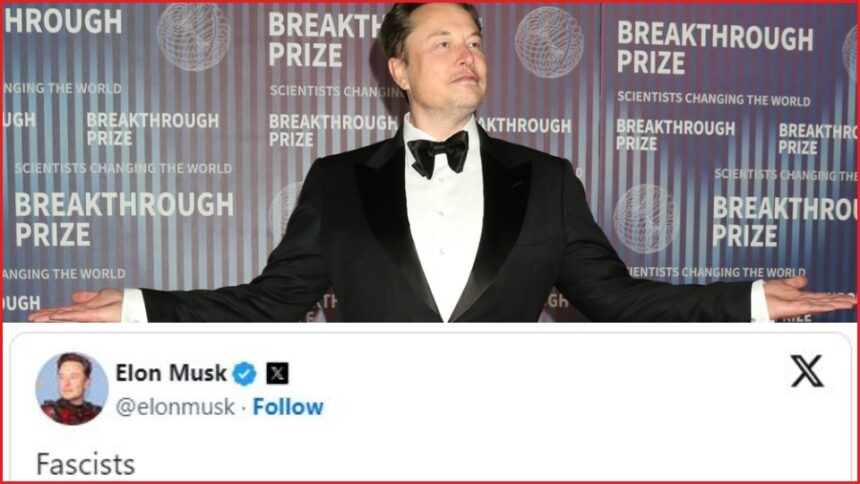Elon Musk has once again found himself at odds with government regulations. This time, his ire is directed toward the Australian government’s proposed misinformation law, which could force social media companies to step up content moderation. Musk, known for his vocal stance on free speech, has labeled the Australian government as “fascists” in reaction to the new legislation.
What’s Happening & Why This Matters
Australia’s communications minister, Michelle Rowland, has introduced a new law that imposes strict penalties on social media platforms that fail to curb misinformation about elections, public health, emergencies, or other critical matters. Under this law, platforms could face fines of up to 5% of their global revenue if they don’t effectively manage false information. The proposal also mandates that all social media companies operating in Australia establish a code of conduct for managing misinformation. If a platform fails to create its own code, a regulatory body will set the standards and impose fines.
The legislation has stirred controversy, particularly among free speech advocates in Australia who argue that it infringes on their rights. Musk, who frequently champions free speech, echoed these sentiments by calling the Australian government “fascists” in response to the proposed law.
His comment has sparked a backlash from Australian lawmakers. Government Services Minister Bill Shorten criticized Musk’s inconsistent stance on free speech, saying, “Elon Musk’s had more positions on free speech than the Kama Sutra. When it’s in its commercial interests, he is the champion of free speech, and when he doesn’t like it, he’s going to shut it all down.” Assistant Treasurer Stephen Jones dismissed Musk’s remarks as “crackpot stuff,” further challenging the notion that social media platforms should be free to publish harmful content, such as deepfake material, child pornography, and livestreams of violent acts.
The debate around social media moderation is not limited to Australia. Musk is also engaged in a legal battle with Brazil over its decision to ban X (aka Twitter) and seize assets of SpaceX and Starlink. Meanwhile, the European Union has implemented the Digital Services Act, which allows it to fine companies up to 6% of their global revenue for violations related to misinformation.
TF Summary: What’s Next
This clash between Musk and the Australian government presents the growing tensions between social media platforms and regulatory bodies worldwide. As governments seek to impose stricter controls on content to protect public interests, tech giants like X face the challenge of balancing free speech with responsibility. Next steps may include further legal confrontations, increased regulatory scrutiny, and ongoing debates over the role of free speech in the digital space.
— Text-to-Speech (TTS) provided by gspeech


